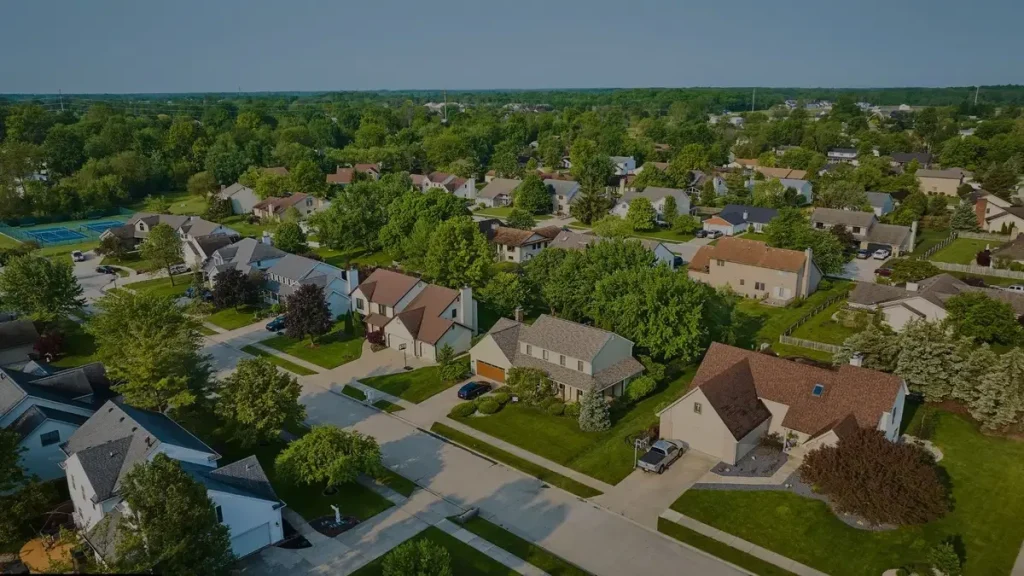A home appraisal is one of the most critical steps in the reverse mortgage process. It directly impacts how much money a borrower can receive. In Florida, where property values can vary widely from region to region, the appraisal helps determine whether a homeowner qualifies for a reverse mortgage and, if so, how much equity can be converted into loan proceeds. For those navigating the reverse mortgage steps in Florida, understanding the appraisal’s role is essential.
The appraisal sets the foundation for the financial aspects of the loan. For example, if your home is appraised higher than expected, you may qualify for more funds. Conversely, if the appraisal comes in low, your available loan amount may be less than you hoped. This assessment protects both the borrower and the lender by ensuring the home’s value aligns with market conditions and loan guidelines.
How Does the Appraisal Fit into the Reverse Mortgage Steps in Florida?
If you’re beginning the reverse mortgage steps in Florida, the appraisal typically occurs after your initial counseling session and once your application is submitted to a lender. Here’s how it fits into the overall process:
- Reverse Mortgage Counseling – Before anything else, Florida law mandates that potential borrowers complete counseling with a HUD-approved agency. This session helps you understand your obligations and options.
- Application Submission – After counseling, you’ll officially apply for the reverse mortgage. At this stage, the lender begins processing your loan and will schedule a home appraisal.
- Home Appraisal – The lender will order an appraisal from a licensed and FHA-approved appraiser. The appraiser will inspect your home and compare it with similar properties in your area to assign a fair market value.
- Loan Underwriting – Once the appraisal is complete, the lender uses the valuation to calculate your eligible loan amount, which is influenced by your age, current interest rates, and how much equity you have in your home.
- Loan Approval and Closing – If everything checks out, the lender finalizes the loan and sets a closing date. After signing, you’ll start receiving funds based on your chosen disbursement method.
What Factors Influence the Appraised Value?
Several elements influence your home’s appraised value. The appraiser considers:
- Location: Florida neighborhoods differ in pricing trends. Homes in high-demand areas like Miami or Naples might appraise higher than those in rural counties.
- Home Condition: A well-maintained property with recent updates will often score higher than a home needing significant repairs.
- Comparable Sales: The appraiser will review recent sales of similar homes nearby.
- Size and Layout: The square footage, number of bedrooms and bathrooms, and functional layout affect value.
- Curb Appeal and Upgrades: Homes with modern upgrades, nice landscaping, or energy-efficient improvements often receive higher appraisals.
If issues arise—such as code violations or major repairs—they must be resolved before finalizing the loan. In such cases, the borrower may need to complete repairs and schedule a re-inspection.
How Does the Appraisal Impact the Purchase Reverse Mortgage?
A purchase reverse mortgage allows seniors to buy a new primary residence using a reverse mortgage instead of paying the full price upfront. This option is gaining popularity in Florida retirement communities, especially among downsizing retirees.
When using a purchase reverse mortgage calculator, the appraisal is essential. The appraised value determines how much of the purchase price the reverse mortgage will cover. Here’s how:
- If the home appraises for more than or equal to the agreed purchase price, the loan proceeds will be based on that value.
- If it appraises for less than the purchase price, the buyer must cover the difference out of pocket to meet lender and FHA requirements.
Therefore, an accurate and favorable appraisal can reduce the amount of cash a borrower needs to bring to closing. It’s why many seniors rely on a purchase reverse mortgage calculator to estimate costs before making a commitment.
Can a Low Appraisal Be Challenged or Reassessed?
Yes, but with caution. If you believe your home was undervalued, you can work with your lender to request a second appraisal or reconsideration. However, this process requires strong justification—such as missing comparable sales or errors in the report.
Be aware that a second appraisal could confirm the original value or come in even lower. That’s why it’s wise to prepare for the appraisal by:
- Making minor repairs
- Decluttering and cleaning
- Highlighting recent renovations or upgrades
- Providing the appraiser with a list of local sales or neighborhood improvements
Preparation can make a meaningful difference in how your home is perceived and valued.
How Long Is the Appraisal Valid for Reverse Mortgages?
According to FHA guidelines, a reverse mortgage appraisal is typically valid for 120 days. In a hot real estate market like Florida, where values can shift quickly, this period ensures that the property’s assessed value reflects current market conditions.
If your reverse mortgage process is delayed beyond 120 days, the lender may require a new appraisal, which adds cost and time to your application. Therefore, keeping the process moving efficiently—especially after the appraisal—is in your best interest.
What Is the Cost of a Reverse Mortgage Appraisal in Florida?
Appraisal fees for reverse mortgages in Florida usually range from $500 to $750, depending on the property’s location, size, and complexity. Larger or rural homes may carry additional fees due to the increased effort required.
This fee is often paid out of pocket upfront, though in some cases it can be rolled into the closing costs. Lenders are required to provide a Loan Estimate that includes all fees, including the appraisal, early in the process so you know what to expect.
Is the Appraisal the Same for a Regular and Reverse Mortgage?
While the appraisal process is similar, appraisals for reverse mortgages—especially FHA-insured Home Equity Conversion Mortgages (HECMs)—must follow stricter guidelines. FHA-approved appraisers are required to:
- Use FHA-compliant forms and inspection standards
- Identify any safety or structural issues
- Confirm that the home is a single-family residence or an approved condo
The appraisal process ensures that the home is a safe and sound investment since the loan doesn’t require monthly repayments. The lender’s only recourse is the eventual sale of the home, so an accurate value upfront is critical.
Final Thoughts: Understanding the Appraisal’s Role Helps You Plan Better
For homeowners taking the reverse mortgage steps in Florida, the appraisal is more than a formality—it’s a gatekeeper. It determines your loan amount, influences closing terms, and ensures your home meets FHA safety standards.
Whether you’re refinancing your current home or using a purchase reverse mortgage calculator to buy a new one, knowing what affects the appraisal helps you better prepare. Keep your property in top shape, research neighborhood values, and understand what appraisers look for. This way, you’ll walk into the reverse mortgage process fully informed—and walk away with the maximum value from your home’s equity.






